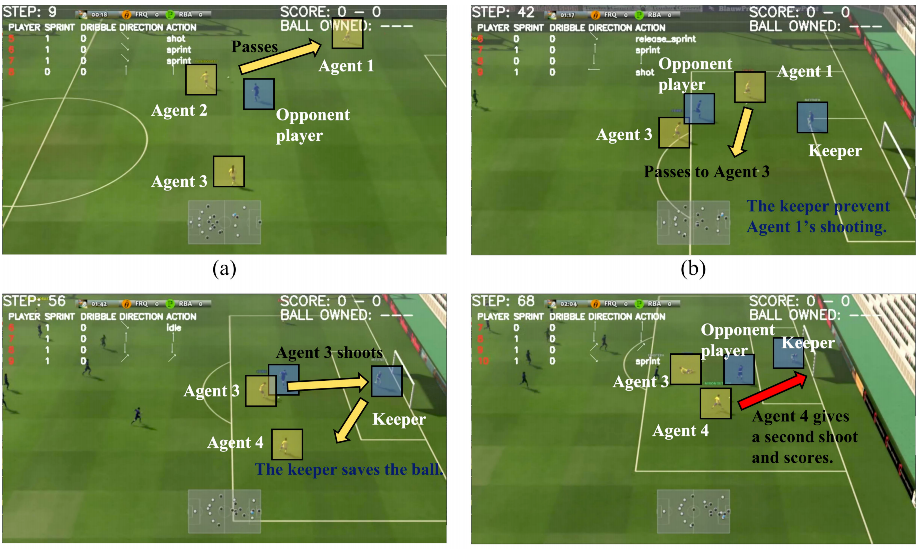
Introduction:
Autonomous learning systems are a category of systems that utilize artificial intelligence and machine learning technologies, capable of learning and improving with minimal human intervention. These systems enhance their performance and decision-making capabilities by analyzing data, identifying patterns, and learning from experience. Increasingly important in various applications such as autonomous vehicles, medical diagnosis, financial analysis, and more, these systems continuously evolve over time, adapting to new situations and data, making them more effective and accurate in handling complex tasks.
(1) Reinforcement Learning: This involves learning methods from environmental states to action mappings, aiming to maximize cumulative rewards obtained by an agent from the environment. It focuses on how an agent learns to interact with the environment in an action-reward context, gaining experience to improve strategies for achieving desired outcomes. Research includes deep reinforcement learning, single (multi) agent reinforcement learning, hierarchical reinforcement learning, etc.

Note: The image is from "On the Data-Efficiency with Contrastive Image Transformation in Reinforcement Learning".
(2) Combinatorial Optimization: This utilizes machine learning methods for modeling and solving operational optimization problems. It relies on the semantic understanding and abstraction capabilities of large models to automatically model and uniformly represent operational optimization needs inputted through natural interaction methods. It involves designing machine learning combined with traditional operational algorithms or end-to-end optimization solvers, enhancing solver efficiency and generality.

(3) Intelligent Gaming: This involves integrating reinforcement learning, operational optimization, and other techniques into computational gaming solution frameworks, forming a hybrid-driven complex gaming efficient solution system. It aims to build a universal, environmentally adaptive, and interpretable intelligent decision-making foundational model, applicable in areas like gaming, robotics, electricity, etc. Research includes single-agent exploratory learning, multi-agent collaborative learning, imperfect information game learning, adversary modeling human-machine interactive learning, etc.

Note: The image is from "Automatic Grouping for Efficient Cooperative Multi-Agent Reinforcement Learning".
(4) Autonomous Unmanned Systems: This focuses on the perception and cognition capabilities of large models, autonomous decision-making and navigation technologies, and inter-system communication and collaborative operations to achieve autonomous operation and evolution of robots. Additionally, research on safety and reliability is crucial to ensure stable operation in various environments. These studies have wide applications in fields like autonomous driving, drone monitoring, disaster response, and industrial automation.
Related papers: